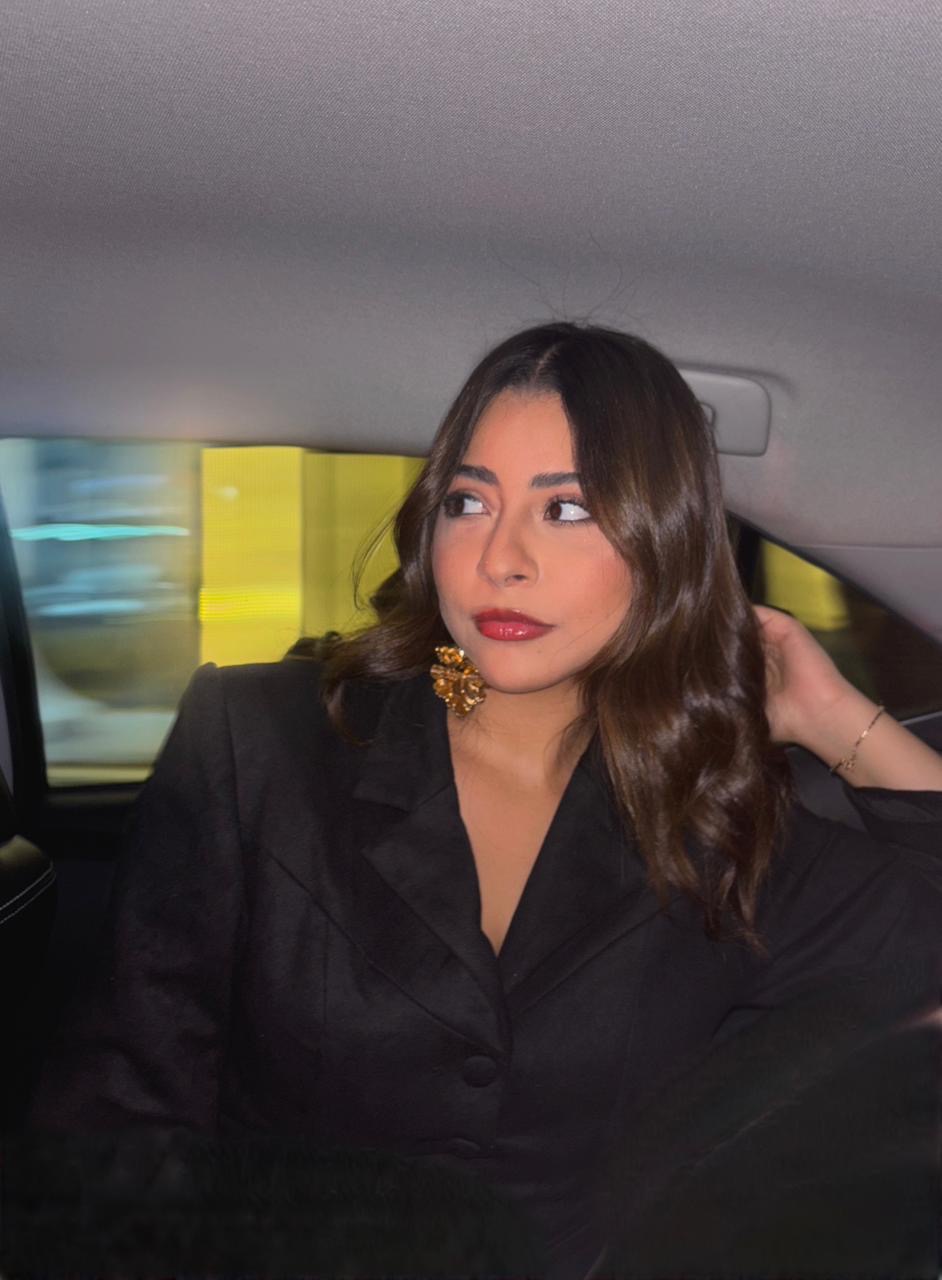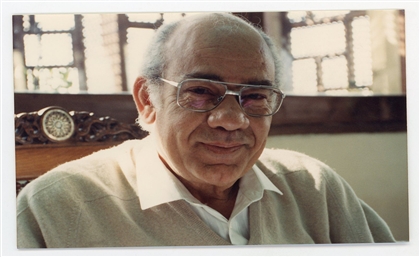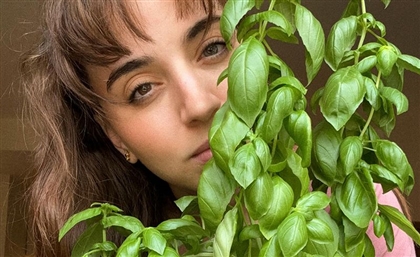Saudi Filmmaker Lina Malaika Won’t Carry the Burden of Representation
Saudi filmmaker Lina Malaika revives her grandfather’s studio while forging a cinematic language rooted in nostalgia, kitsch, and cultural memory.
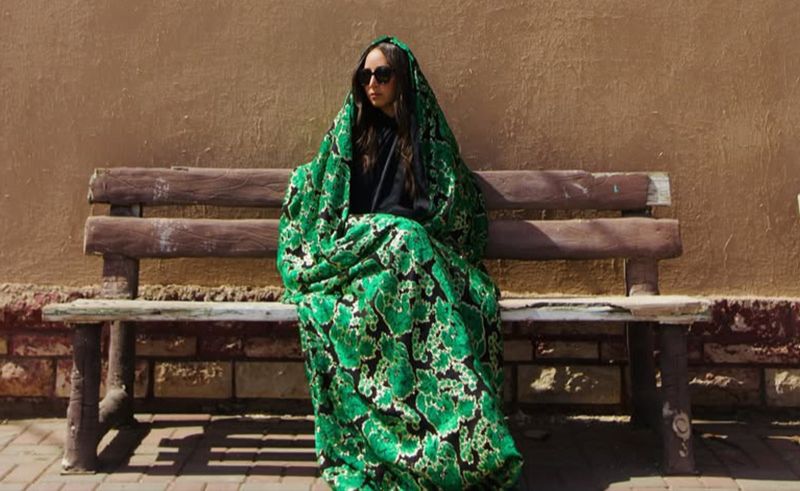
Saudi filmmaker Lina Malaika didn’t inherit cinema so much as discover it twice. She first fell in love with movies on long nights with her father, pausing to argue cuts and line readings. Only later did she learn her grandfather had built a movie production legacy through Al-Nisr Al-Arabi Films, a studio that she had since taken over.
“I actually discovered my grandfather’s passion much later in life, after I had already fallen in love with cinema myself,” Lina Malaika tells SceneNowSaudi. This order matters to her: the feeling that what you choose had, in some way, already chosen you.
Malaika’s story is simultaneously one of inheritance and invention. Even as a child, Malaika developed a habit to make pictures before she had the means to realise them. She would write scenarios in her head, supplying camera movement and mood by intuition. The groundwork for a director was already laid obliquely, through other disciplines that would later insist on their place in the frame.
Malaika’s method embraces multiple order of operations. A project may begin with a story, or a mood, or a solitary image that arrives complete. “Often, I see the visuals and even the end result first, then I work backwards to build the layers around it,” she says. There are motifs that recur without directive: nostalgia, kitsch, detail bordering on the forensic. Friends will see a work and text, “This is so you,” which is a diagnosis of both the tone and the subject.
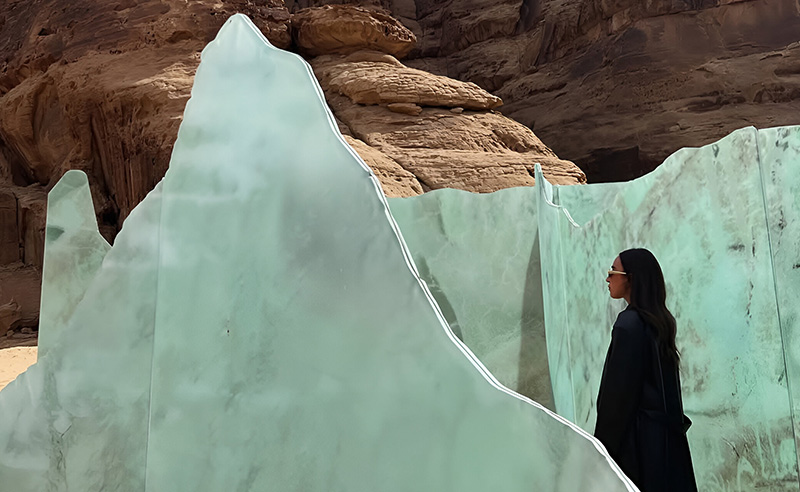
The question of representation, which can box artists into becoming spokespeople, is not a burden Malaika wishes to carry. “I simply create from who I am,” she says. She was born into a culture and a religion, and those particulars enter the work the way air enters a room: as a condition, rather than a thesis. She is allergic to stereotypes but unapologetic about memory. Nostalgia, for her, doesn’t come with a soft-focus filter; it is lived experience insisting on relevance. “By telling stories truthfully and with depth, I can avoid cliché while still honouring memory.”
Amongst Al-Nisr Al-Arabi Films' earliest outings was 'Maskoon' (2021), a short psychological thriller co-directed with David Darg. It was not a family epic or a national allegory but an experiment in genre, a proof of concept that Malaika’s revived banner could stretch into new cinematic terrain.
Malaika’s multidisciplinary formation yields a cinematic language in which fashion and design are structural. “Every detail in a frame tells part of the story,” she says. Costumes locate a body in a social world; furniture announces an era and a taste; a colour, carefully placed, anchors mood before dialogue begins. She keeps extensive notes, hundreds of fragments about underrepresented Saudi histories and contemporary textures that she wants to preserve and reinterpret. 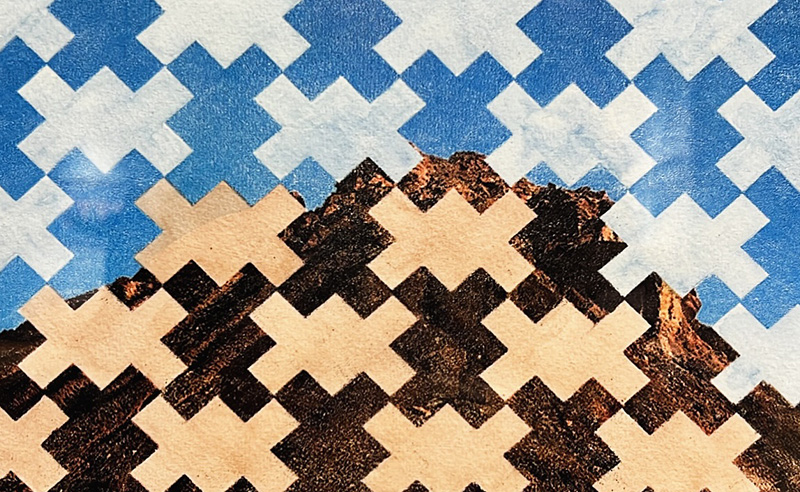
Some of those ideas have moved into production. One recent project is based on her own archive, Saudi Finds, an Instagram-based collection where she documented small, often overlooked fragments of Saudi culture and everyday life: old shop signs, kitschy objects, religious ephemera, design motifs, retro packaging, even architectural details from Jeddah’s streets. The project evolved into a film chapter, an inquiry into the cultural and religious nuances that formed her.
Malaika is frank about the fact that certain projects announce themselves as obligations. “Some ideas haunt me,” she says. Malaika’s curiosity about form extends to new tools. With Saudi Finds, she has begun to explore immersive VR, a way to let viewers stand inside the environment the archive evokes rather than merely look at it. For a Saudi National Day campaign, she experimented with AI-driven storytelling: if the tool extends the image honestly, it is welcome; if it hollows out the feel, it is set aside. 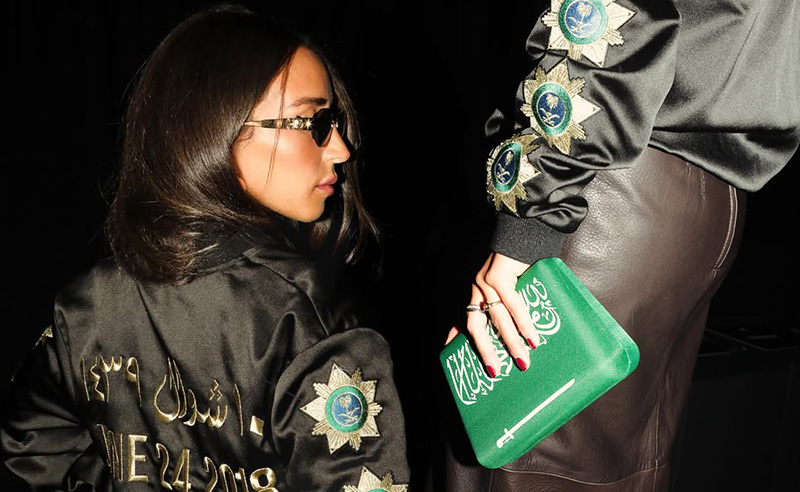
Collaboration is part of Malaika’s maturation. She has aligned with regional and international partners, amongst them a fashion house launching a National Day project, and speaks of future releases with the familiarly cautious “not yet announced.”
What matters is the traffic between scenes, the way a specifically Saudi sensibility can circulate globally without being translated past recognition. “For so long, others told our stories for us, often through stereotypes,” she says. “Now, Saudi creatives, and especially women, are telling their own narratives on a global stage.”







